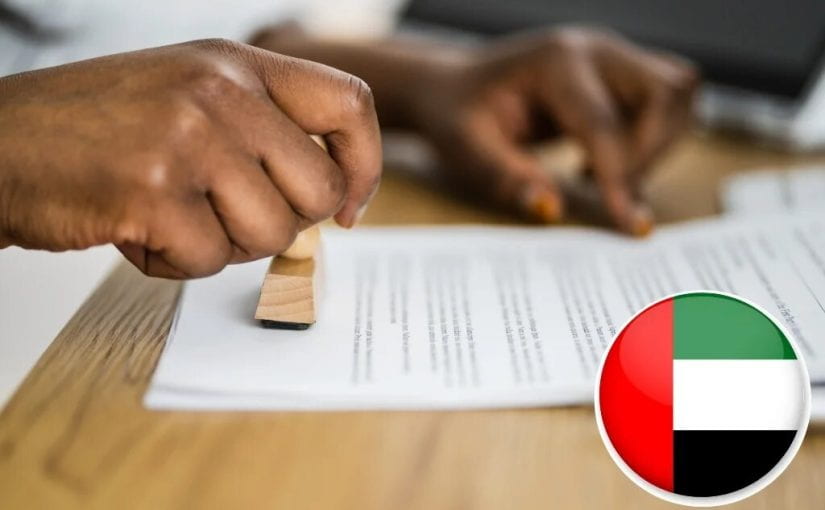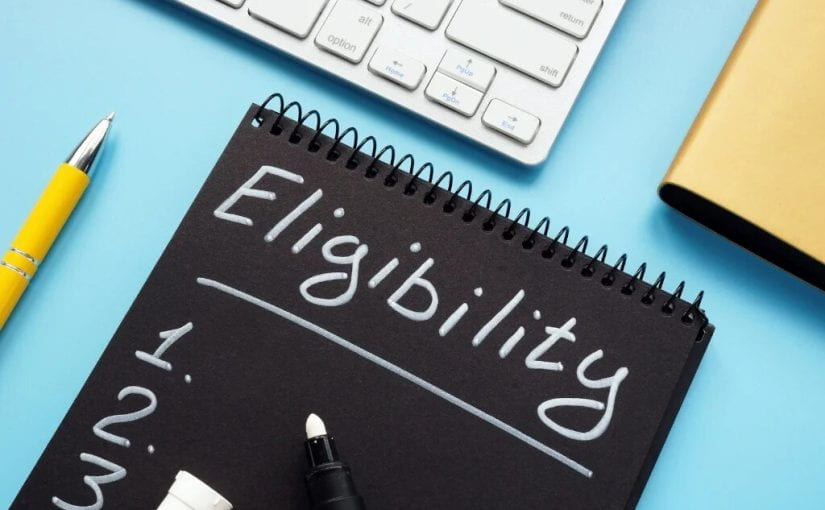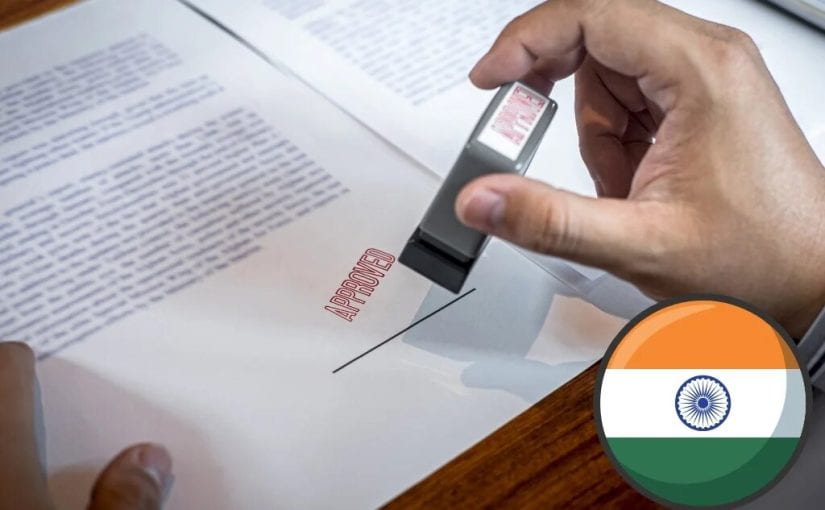In today’s globalized world, international background checks have become a crucial component for ensuring safety and security in various sectors, including employment, immigration, and education. For those planning to move to Canada, understanding the intricacies of international background checks is essential. This comprehensive guide will delve into what international background checks entail, their importance, benefits, and the process involved.
What is an International Background Check for Canada?
An international background check for Canada is a thorough review of an individual’s personal, educational, and professional history from countries outside Canada. This typically includes verifying criminal records, employment history, educational qualifications, and other relevant details to ensure the individual meets the required standards for entry into Canada.
Why is it Required?
International background checks are required for several reasons:
- Immigration: To ensure that individuals entering Canada do not pose a threat to public safety.
- Employment: For employers to verify the integrity and reliability of potential employees.
- Education: For educational institutions to confirm the authenticity of applicants’ credentials.
- Security Clearances: For positions that require a high level of trust and security.
Benefits
- Enhanced Security: Helps in maintaining national security by preventing individuals with criminal backgrounds from entering the country.
- Trust and Integrity: Builds trust in the immigration and employment processes by ensuring all applicants are thoroughly vetted.
- Legal Compliance: Ensures compliance with Canadian immigration laws and regulations.
- Risk Mitigation: Reduces the risk of fraud and other illegal activities by verifying the authenticity of provided information.
Process of International Background Checks
The process of conducting an international background check for Canada generally involves the following steps:
1. Identify the Requirements
Each type of background check may have different requirements. For immigration, the most common requirement is a Police Clearance Certificate (PCC) from each country where the applicant has resided.
2. Gather Required Documents
Collect all necessary documents, such as:
- Valid passport
- National ID card or residence permit
- Proof of address in the country of residence
- Completed application forms
- Passport-sized photographs
3. Submit the Application
Submit the application for a background check to the relevant authorities. This could include police departments, government agencies, or authorized third-party providers. The submission can often be done in person, by mail, or online, depending on the country’s procedures.
4. Fingerprinting
In some cases, fingerprinting is required to verify identity. Applicants may need to visit an authorized agency to have their fingerprints taken.
5. Verification and Processing
The authorities will verify the provided information, which may involve contacting previous employers, educational institutions, and other relevant entities. This step can take several weeks to months depending on the country and the complexity of the check.
6. Receive the Certificate
Once the verification is complete, the applicant will receive the background check certificate. This document will indicate whether the applicant has a clean record or if any discrepancies were found.
7. Submit to Canadian Authorities
Submit the obtained background check certificates to the relevant Canadian authorities as part of your immigration, employment, or education application.
Overcoming Challenges
- Language Barriers: If the background check is conducted in a country where you do not speak the language, obtaining accurate translations of documents is essential. Professional translation services can help in this regard.
- Legal and Procedural Differences: Different countries have varying legal and procedural requirements for background checks. Consulting with experts or agencies specializing in international background checks can help navigate these complexities.
- Processing Delays: To mitigate processing delays, it is advisable to start the background check process well in advance of your planned immigration or employment date.
How SekCheck Fingerprinting helps?
Navigating the complexities of international background checks can be daunting, but you don’t have to do it alone. SekCheck offers specialized services to streamline this process for you. With extensive experience and a deep understanding of international procedures, SekCheck ensures your background check is conducted efficiently and accurately. Whether you need a Canadian Police Clearance Certificate from overseas or any other verification, SekCheck provides reliable and prompt assistance.
International background checks are a vital step in ensuring safety, security, and integrity in immigration, employment, and education. By understanding the requirements, benefits, and process involved, you can navigate this complex procedure more effectively. With the support of professional services like SekCheck, you can simplify the process and focus on your future in Canada with confidence.
Source : Guide to International Background Checks for Canada









